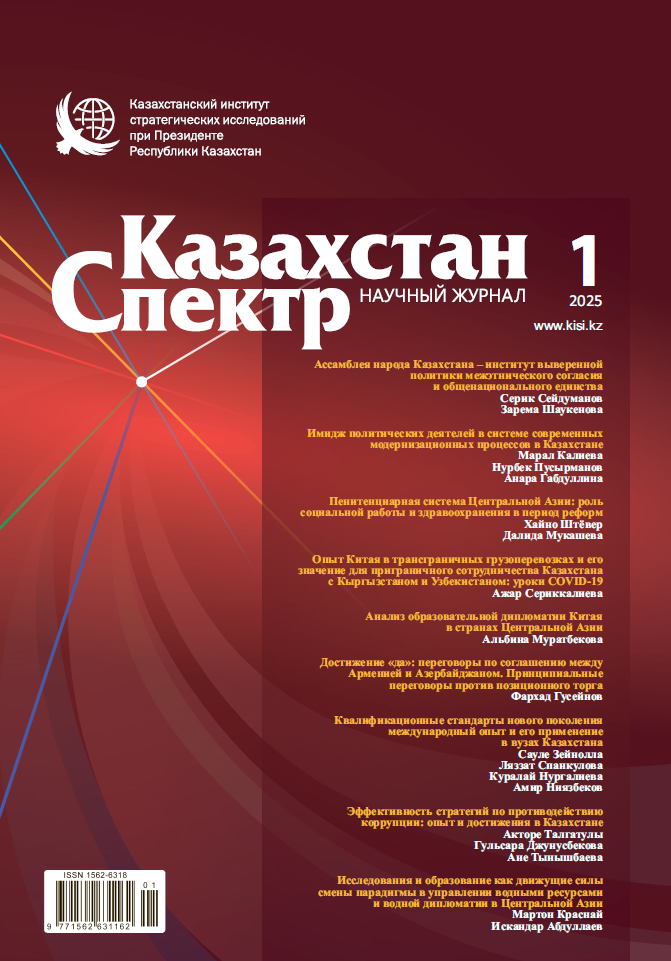Abstract
Detailed analysis of the growing problems of the Central Asian water sector leads the authors to the conclusion that there is an urgent need for a paradigm shift in water governance and water diplomacy. As a result of climate change the natural environment and human systems are nearing adaptation limits. Climate change affects the region primarily through the water sector. Central Asian countries - including Afghanistan - are linked by two large rivers, therefore strengthened regional cooperation is a sine qua non precondition of achieving sustainability of the water sector. Since there is a close link between domestic politics and regional cooperation, only the simultaneous improvement of water diplomacy and water governance can reverse the negative trends of the last three decades. As President Kassym-Jomart Tokayev in his State of the Nation Address on 1 September 2023 emphasized: “conducting a balanced water policy and solving issues of transboundary water use are the most important tasks of the Government”.
The authors propose integrating the latest achievements of political economy of the water sector, international political economy, international cooperation theory, institutional economics of sustainability and conflict analysis into the theoretical framework for water diplomacy, building on pragmatic and region-specific cooperation models developed and maintained in the last 30 years. The envisioned paradigm shift would be a catalyst for fostering innovative, creative, mutually stimulating and complementary cooperation among a broad range of stakeholders. It would offer a promising pathway not only to strengthening regional cooperation on water in Central Asia but would empower Central Asian water diplomats to play a leading, proactive role in global efforts to address the challenges of the 21st century. It would pave the way for the integration of modern concepts like benefit sharing into negotiating strategies and initiatives, thereby helping translate into concrete action the existing high level political will at the regional level to resolve problems of the water sector.

This work is licensed under a Creative Commons Attribution 4.0 International License.
Copyright (c) 2025 Kazakhstan-Spectrum


